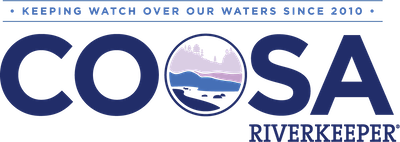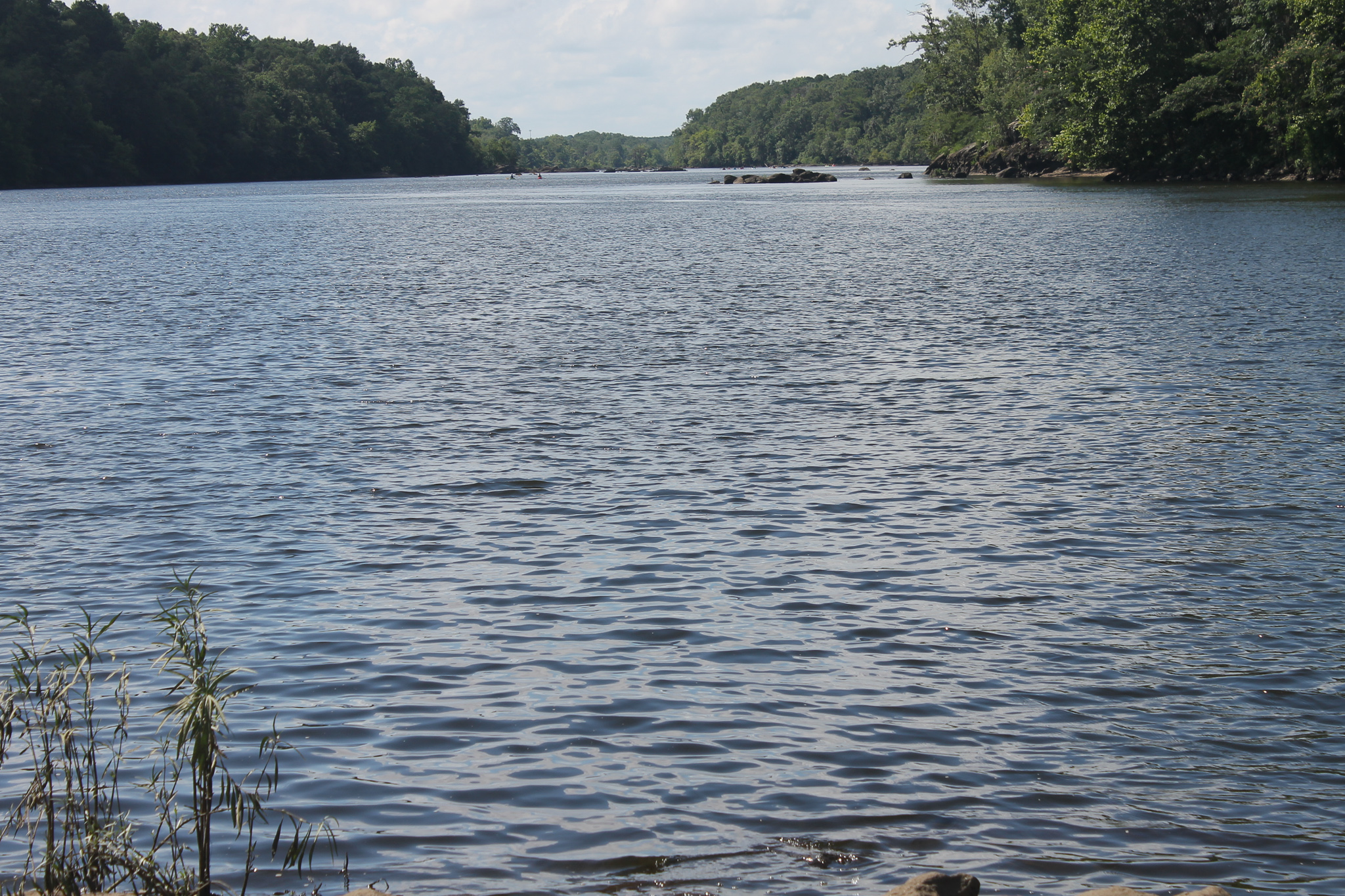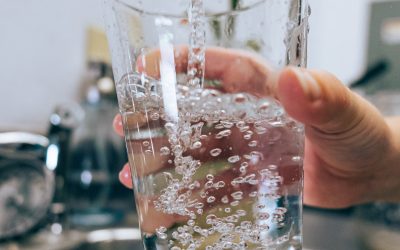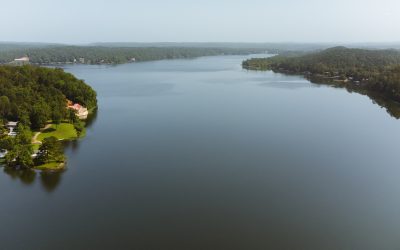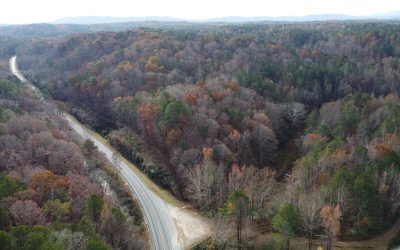Well y’all, we’ve done it again!

After over a year of editing, revising, evaluating, discussing, voting, and submitting our robust policies, procedures, and other supporting documents… followed by seven months and three cycles of reviews later… Coosa Riverkeeper has been re-accredited by the Standards for Excellence Institute for the highest standards of ethics, effectiveness, and accountability in nonprofit governance, management, and operations!
What is Standards for Excellence?
The goals of the Standards for Excellence program are to strengthen nonprofits and improve the public’s trust of nonprofit organizations.
The foundation of the Standards for Excellence® program is the published Standards for Excellence®: An Ethics and Accountability Code for the Nonprofit Sector. It identifies 6 major areas of nonprofit governance and management which contain 27 different topic areas. Each topic area includes specific benchmarks and measures that provide a structured approach to building capacity, accountability, and sustainability for Coosa Riverkeeper.
Why Get Accredited?
The Institute is a national program established to promote the highest standards in nonprofit effectiveness. Accreditation and Recognition by the Standards for Excellence Institute® benefits our organization by strengthening our board, and improving the effectiveness of your operations and program delivery, and increasing trust with our donors.
At Coosa Riverkeeper, we believe strongly that our governance and internal operations are a vital part to our success in patrolling the waters, educating the public, and advocating for the river…
We spend a lot of time writing, editing, and implementing policies and procedures for our Staff, Board, Advisory Council, and Volunteers to ensure we’re not just implementing this best standards for our field and lab work– we want to excel in ALL facets of our work to protect, restore, and promote the Coosa River and its tributaries.

